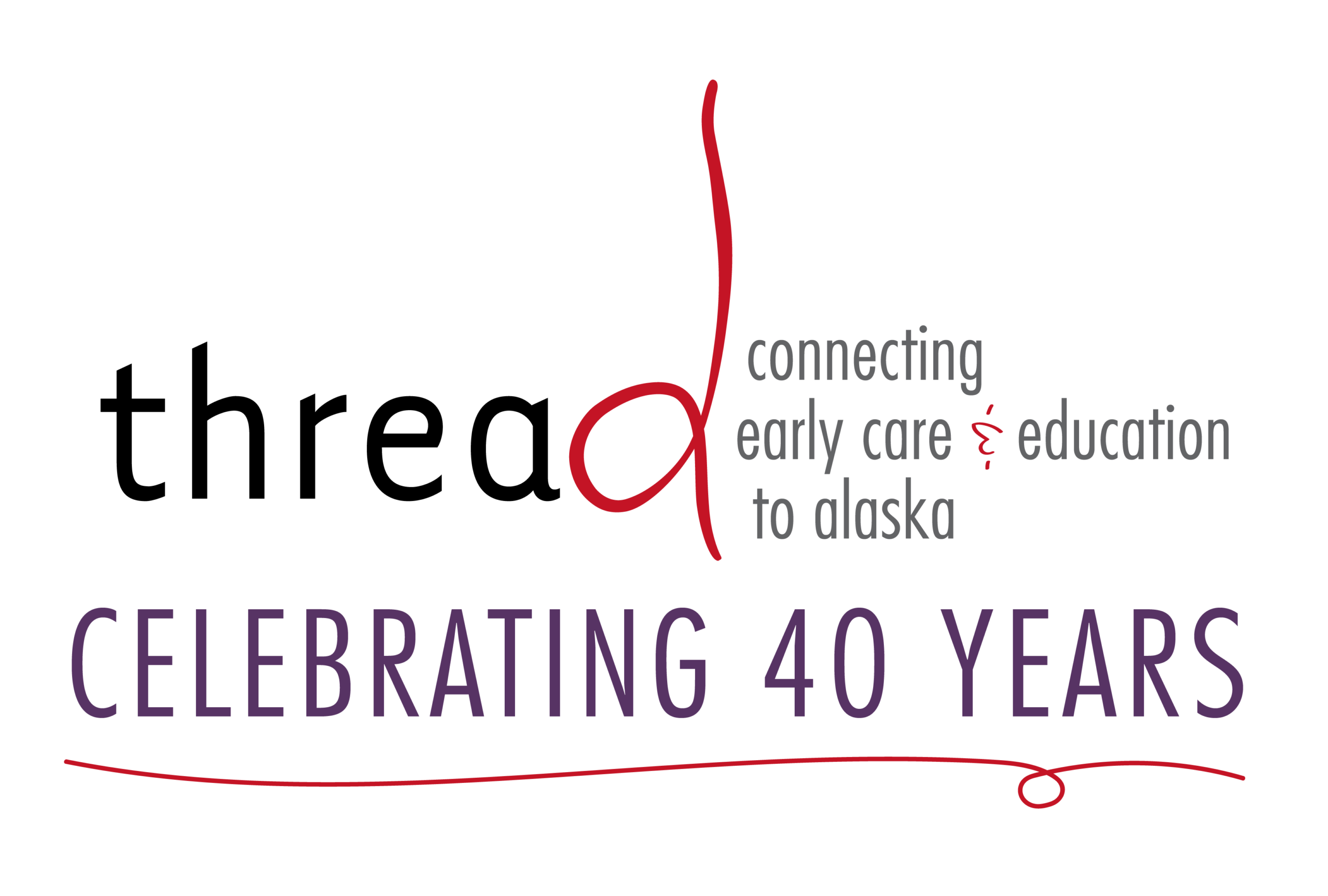Babies are born to learn, and research tells us that early learning opportunities that include a focus on science, technology, engineering, and math (STEM) have positive results for children later in life. For example, early math knowledge not only predicts later math success, it also predicts later reading achievement (National Research Council, 2012).
Young children learn about STEM through play and exploration. Parents and teachers can support learning through songs, games, simple activities, and by including STEM concepts in their conversations with young children. Download the resources below from the U.S. Department of Education for tips on how to include STEM learning in everyday activities.
Tips for Families with Young Children
English: http://www2.ed.gov/about/inits/ed/earlylearning/talk-read-sing/stem-toolkit-families.pdf
Spanish: http://www2.ed.gov/about/inits/ed/earlylearning/talk-read-sing/stem-toolkit-families-es.pdf
Tips for Preschool Teachers and Providers
English: http://www2.ed.gov/about/inits/ed/earlylearning/talk-read-sing/stem-toolkit-preschool-teachers.pdf

